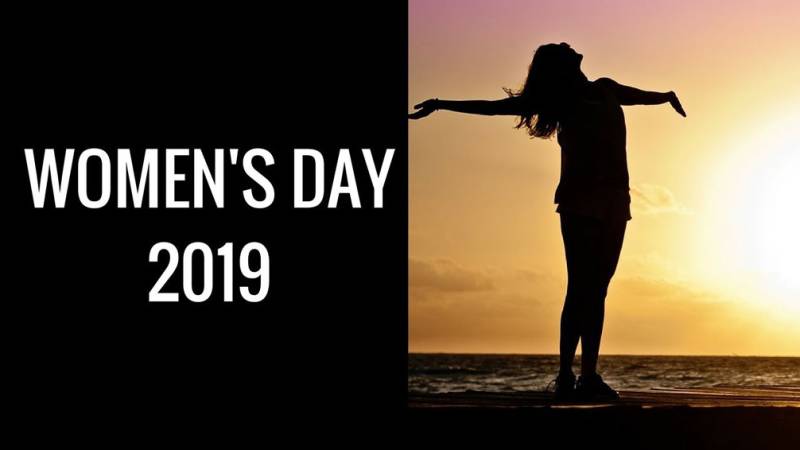LAHORE - In light of celebrating the women in finance on the International Women’s Day 2019, we sat down with Ayla Majid FCCA, a renowned name in the finance sector who happens to be the first woman to be elected to the board of a stock exchange in Pakistan. In this knowledge packed interview, we talked about her journey as a trailblazing woman in finance and the challenges she faced with a big smile on her face.
Q. Tell us about your current role?
A: ‘I advise from one end to the other – growth planning, identifying opportunities, carrying out negotiations on the concession agreements and all the way to the financial close – working with all the stakeholders.’
Q. Tracing your steps back, in an early public policy assignment in 2006, you helped the Ministry of Petroleum and Natural Resources revamp Pakistan’s national mineral policy. In 2016, you participated in a major project on resource assessment for shale gas in Pakistan, being a woman how challenging was it for you?
A: ‘My role was to do the capital investment profiling and assess the regulatory and fiscal framework. I had to analyse the existing regulations and frameworks, and study the infrastructure available, and then present to the government the framework to move towards in the formation of policy. I had to study extraction technologies and interview almost all the significant players in the market. I watched a lot of YouTube videos. I soon found myself giving “shale gas 101” lessons to lawyers.’
Q. You have been a trail blazer for professional women in Pakistan. In 2010, you were elected to be a member of the board of the Islamabad Stock Exchange, later you worked on demutualisation of the exchange and most recently restructuring the capital markets, resulting in the merger of three stock exchanges, which led to the creation of the Pakistan Stock Exchange.
In this highly male-dominated field, how did you carve your way up the top? Did you face any friction with your fellow colleagues?
A: ‘It was like breaking the glass ceiling, at the beginning there was a bit of resistance or lack of acceptance from male colleagues because it was new. I was one woman among nine men. But I really enjoyed it; I learnt from working with them. I realised that as women, we have a slightly different way of thinking and it is extremely important that we work together and contribute together. When I walked in I got a tremendous amount of respect and the environment did change.’
Q. Being a woman did you at times felt a challenge in delivering your point across? How did you handle such situations?
A: ‘I had to take a strong position on certain areas, such as the need to carry out business in the most ethical manner. I had to face some strong challenges also. I found these situations to be tough but I thrive on challenges. When I joined the board in 2010 I was able to change the opinion of the entire board to agree with my perspective on a number of areas where all the nine men initially had a contrary, very strong position. I did it by communication and persuasion, being professional, not being intimidated and not giving up.’
Q. In your journey as an ACCA member, how did you open doors for other women in finance?
A: ‘I feel the work I am doing is opening doors for other women. When I take on these positions, I feel I have some responsibility to represent my gender so that men know there are smart women out there who can do the role as effectively as anyone else. I believe in strong diversity of skill, background and gender.’
Q. How important it is for women today to be financially independent and what do you think is the key?
A: ‘It’s about providing quality education and putting them on the path to completing professional qualifications so they can come out of the loop of their financially dependent status. They can become independent and help their families. Having a qualification like ACCA is extremely important for economic empowerment of women in Pakistan.’
Q. How has ACCA helped overcome the barriers for women across the world?
A: ‘ACCA is a great door-opener for women all over the world. Women in developing countries don’t always have access to education, so they need flexibility. Not all women can have full-time jobs; there could be cultural restrictions or family commitments.
ACCA is a qualification they can pursue from the comfort of their own homes. They can work flexibly and have access to networks all over the world. So having the ACCA Qualification is extremely important.’






